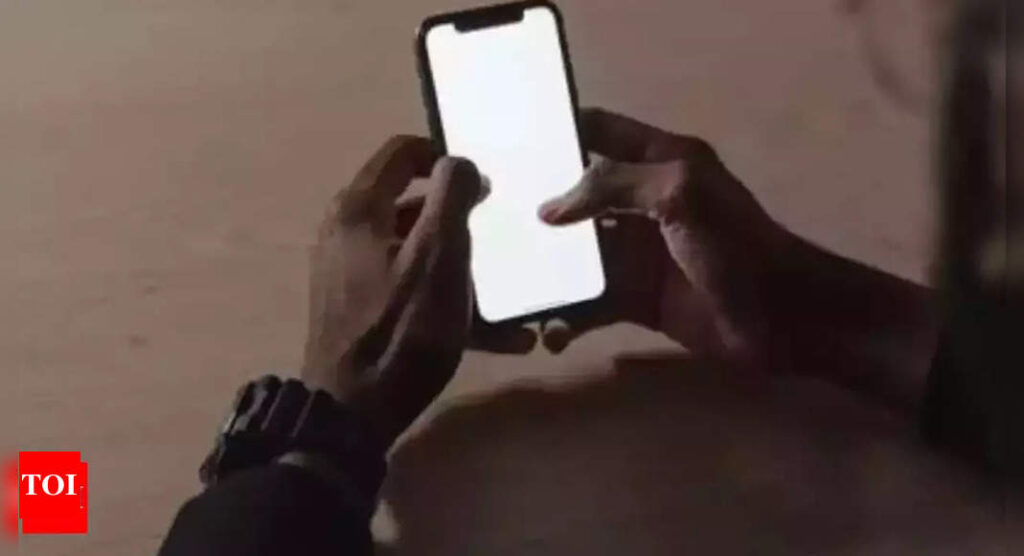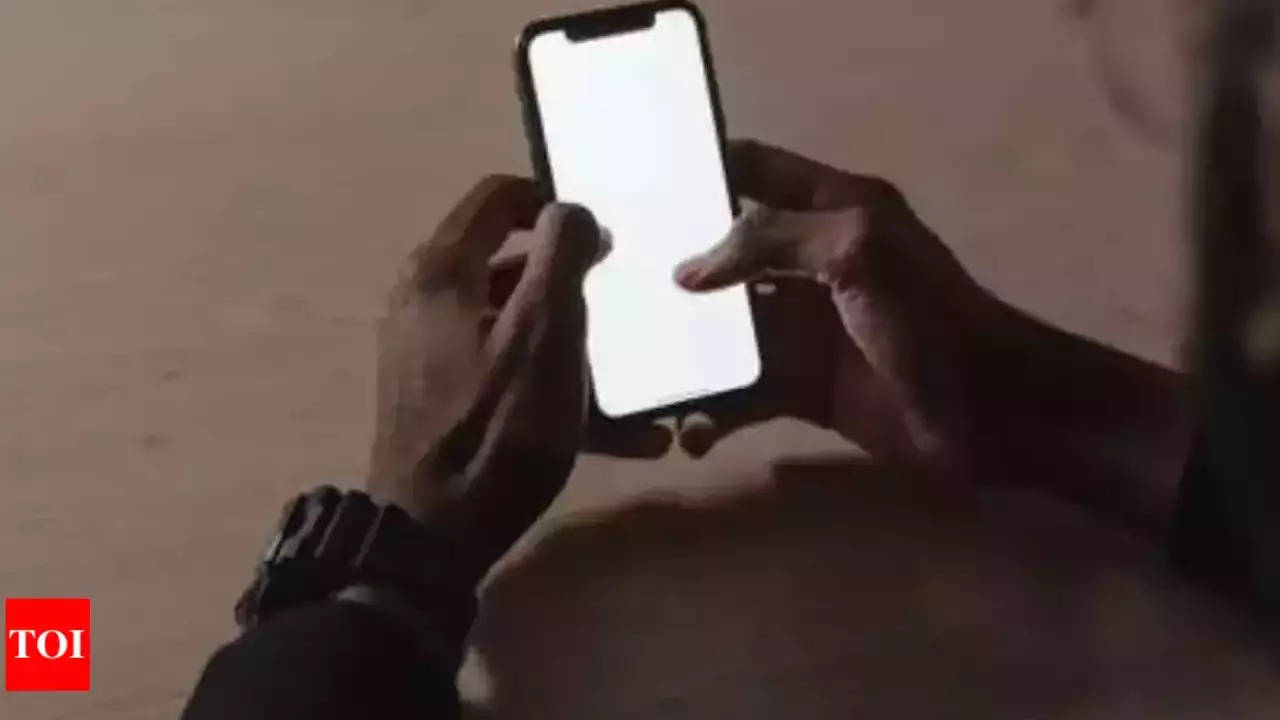[ad_1]
In an effort to curb spam messages and calls, the Telecom Regulatory Authority of India (TRAI) has asked Principal Entities (PEs) to get fresh consent from users before sending them any commercial communication, as the regulatory body implements Digital Consent Acquisition (DCA) under TCCCP Regulation 2018.
PEs are entities like banks, other financial institutions, insurance companies, trading companies and businesses.The regulator also said earlier consent given by users shall be null and void with the implementation of a new DCA, and businesses must take consent digitally.
“The Digital Consent Acquisition (DCA) process has the facility to seek, maintain, and revoke the consents of customers, as per the processes envisaged under TCCCPR-2018,” TRAI said.
The consent data collected will be shared on the Distributed Ledger Technology (DLT) Platform, established under TCCCPR-2018 for Commercial Communications, for scrubbing by all Access Providers.
“All the Principal Entities are hereby requested to take urgent necessary steps to be onboard the DCA system as per the timelines prescribed in Direction dated 02.06.2023,” it added.
In June, TRAI asked all telecom operators to develop and deploy a DCA facility to collect customer consent.
How will businesses seek consent
A common short code 127xxx will be used for sending consent seeking messages. The purpose, scope of consent, and Principal Entity/Brand name will be mentioned clearly in the consent seeking message sent through the short code.
“Only whitelisted URLs/APKs/OTT links/Call Back numbers, etc. shall be used in the consent seeking messages. The consent acquisition confirmation message to the customers shall also have information related to revocation of the consent,” TRAI said.
Further, Access Providers are also told to develop a SMS/ Online facility to register unwillingness of the customers to receive any consent seeking message initiated by any PE.
Earlier this year, telcos were asked to move all commercial messaging (one-time passwords, promotional messages, account balance updates, etc) to the DLT platform.
They were also told to register themselves with specific headers and message templates on the DLT platform. Only registered and verified businesses will be allowed to send texts to customers.
PEs are entities like banks, other financial institutions, insurance companies, trading companies and businesses.The regulator also said earlier consent given by users shall be null and void with the implementation of a new DCA, and businesses must take consent digitally.
“The Digital Consent Acquisition (DCA) process has the facility to seek, maintain, and revoke the consents of customers, as per the processes envisaged under TCCCPR-2018,” TRAI said.
The consent data collected will be shared on the Distributed Ledger Technology (DLT) Platform, established under TCCCPR-2018 for Commercial Communications, for scrubbing by all Access Providers.
“All the Principal Entities are hereby requested to take urgent necessary steps to be onboard the DCA system as per the timelines prescribed in Direction dated 02.06.2023,” it added.
In June, TRAI asked all telecom operators to develop and deploy a DCA facility to collect customer consent.
How will businesses seek consent
A common short code 127xxx will be used for sending consent seeking messages. The purpose, scope of consent, and Principal Entity/Brand name will be mentioned clearly in the consent seeking message sent through the short code.
“Only whitelisted URLs/APKs/OTT links/Call Back numbers, etc. shall be used in the consent seeking messages. The consent acquisition confirmation message to the customers shall also have information related to revocation of the consent,” TRAI said.
Further, Access Providers are also told to develop a SMS/ Online facility to register unwillingness of the customers to receive any consent seeking message initiated by any PE.
Earlier this year, telcos were asked to move all commercial messaging (one-time passwords, promotional messages, account balance updates, etc) to the DLT platform.
They were also told to register themselves with specific headers and message templates on the DLT platform. Only registered and verified businesses will be allowed to send texts to customers.
[ad_2]
Source link











More Stories
Google Maps: Three privacy features coming to Google Maps on Android, iPhones
Most-Downloaded IPhone App: This Chinese app was the most-downloaded iPhone app in the US in 2023
Ukraine’s largest mobile operator goes offline for millions of users after cyber attack